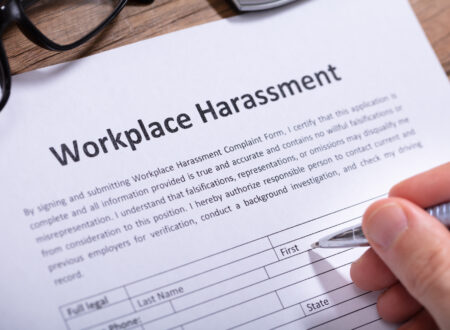Technology’s rapid advancement allows people to share, spread, and gather information at faster rates than ever before. Millions of individuals residing around the globe update statuses, tweet, and post to social media profiles every day. The rising influence of social media and the instantaneous publication of information on social media platforms creates the need for businesses to protect themselves. Every business should have a social media policy in its employee manual for new staff to sign and return.
The content of a well-written social media policy should:
- Outline an employee’s social media use in relation to work time
- Have a subject to employer monitoring clause
- Include a post disclaimers clause
- Have a confidentiality clause
A well-written Social Media Policy ultimately protects a business from:
- unproductive employees
- being associated with the views and/ or affiliations of an employee that does not align with a business’s beliefs
- disrespectful commentary (ethnic slurs, personal insults, sexually offensive material, obscenity, etc.)
- employees sharing confidential information
Author(s)

Stuart J. Oberman, Esq.
Stuart J. Oberman is the founder and President of Oberman Law Firm. Mr. Oberman graduated from Urbana University and received his law degree from John Marshall Law School. Mr. Oberman has been practicing law for over 30 years, and before going into private practice, Mr. Oberman was in-house counsel for a Fortune 500 Company.
Read More =>




